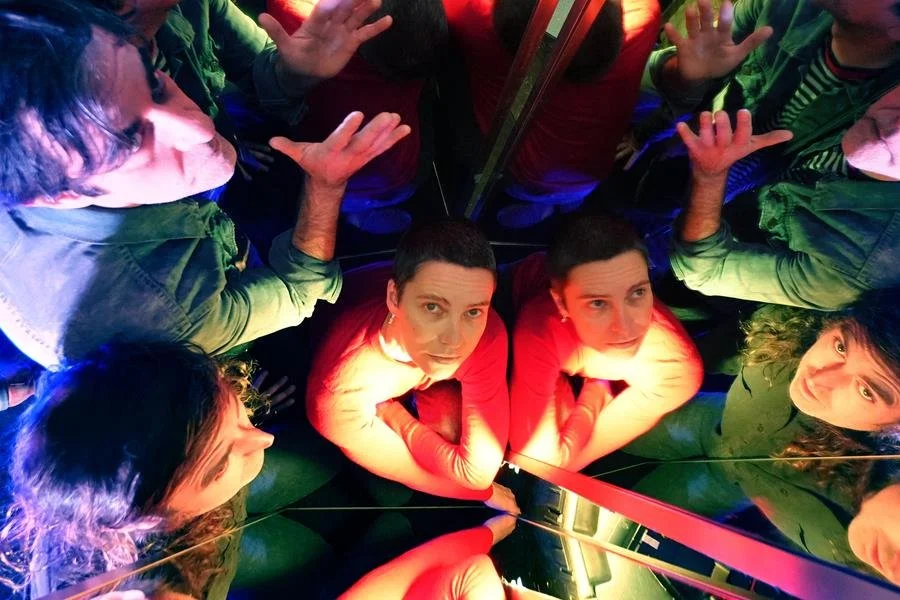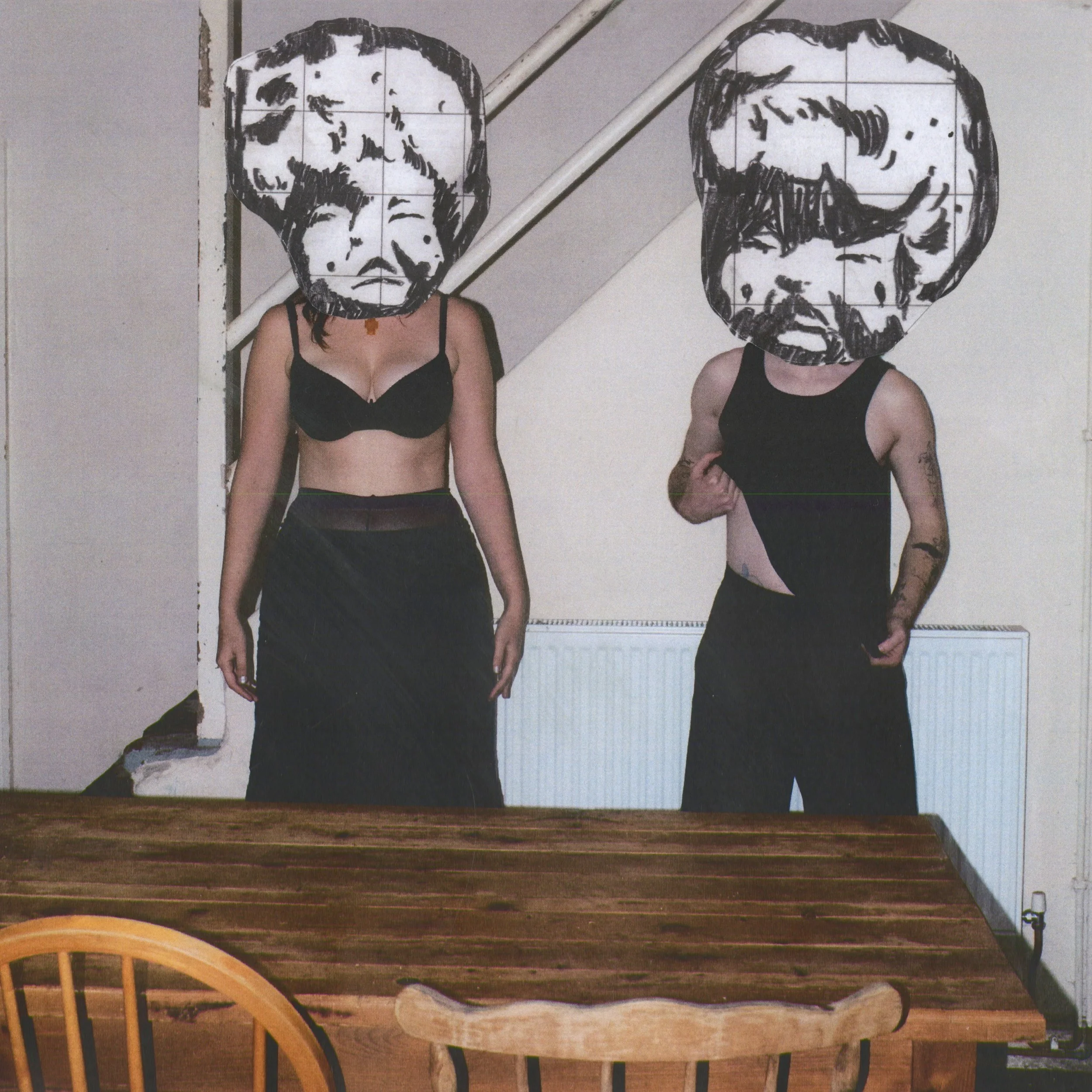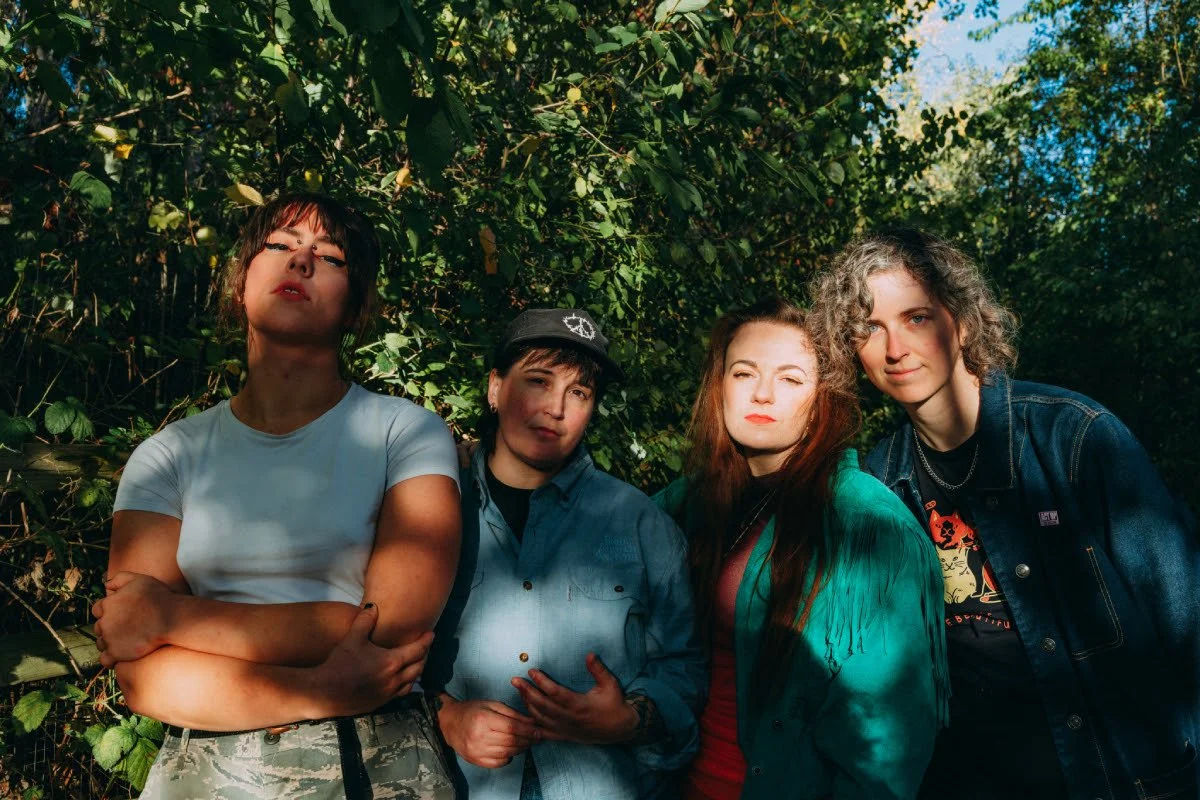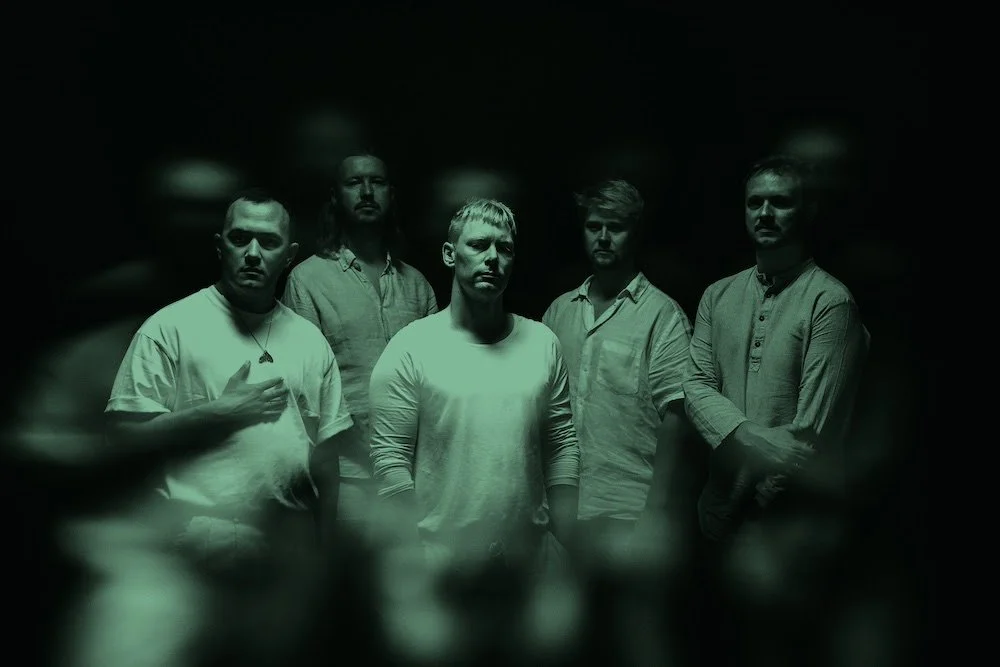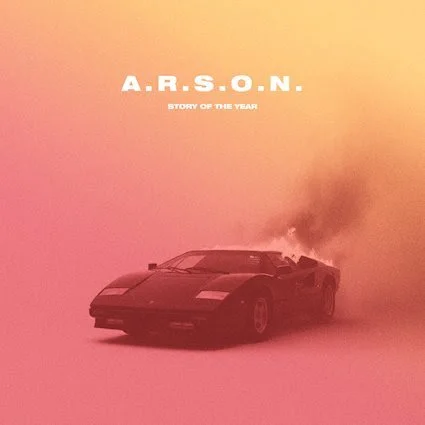Album Review: Nick Cave & the Bad Seeds - 'Wild God'

As a modern music skeptic (or basically just a terrible dinner party guest), I was apprehensive during the lead up to “Wild God” (The Ballad of Darren anyone?). But, whilst what awaited me after a week long sailing trip was surprising, perhaps it shouldn’t have been. After all, what could be a more perfect welcome call than one penned by the guy who wrote Little Empty Boat?
Most of this album is pretty transcendental - eerie, off-beat melodies (think of church choirs if church choirs had rock & roll histories and all hung out with PJ Harvey), references to the sublime, et - cetera. The gods here in fact serve multiple purposes. In Frogs, gods kill, in Final Rescue Attempt, they are irrelevant, in Long Dark Night, just a symbol. Whatever form they take, it was clear from the opening chords of Song of the Lake (Track 1): these are songs to listen to on a boat, in these in-between stages where music doesn’t need to be technical and boats float just because they can. The question is: who would want to stick to the land when you could be a wild god, flying through the city, dissolving into the rivers and doing what the Bad Seeds do best - if perhaps the least openly - finding something joyous in the mundane?
What balances all this out is the sardonic tone sometimes taken - Cave wants to prove that you can still be cynical even in the best of situations, even when you make the most of things. Throughout the whole album there’s that line-tread between the two poles. In songs such as Frogs, there are gods, sure, but there are also raincoats and gutters and bad Sunday weather. In others, there are ghosts that wear sneakers and tributes to girls with top-notch underwear who are described with almost the same reverence as the figures in these other songs. Perhaps this dichotomy is shown best in Cinnamon Horses, in the line “a dozen white vampires / under a strawberry moon.
Despite being a strong album from the get-go (recurring themes done up to the max), there is a notable progression as it goes on. The album gets more sure of itself as it goes on. It starts off with Song of the Lake and Wild God, (the sardonic tale of an old man in a retirement home), - both songs with gentle, looser melodies which set the tone - and builds up to something altogether stronger and more concrete. The lyrics and the music are separate at first, but Cave & co work especially well for me in later tracks such as O Wow O Wow (How Wonderful…) and Conversion.
All this build-up of tension and conflicting emotions, and the whole piece ends with the finale, As the Waters Cover the Sea. Here is probably the biggest diversion from Early Cave, feeling altogether more gospel then goth-king. (Listening to this song alongside Stagger Lee, released 1996, feels a little like listening to the music of two different bands). If not the strongest track on the album, it wraps it up nicely and is a strong end. And sure, with that as an ending and as an album too, I could argue it is a little sickly at times, and if you see Cave’s gods as real things then it’s awkwardly preachy, (the choral music doesn’t help matters much here either), but right now as I’m writing this the moon is big and bright and I’m missing being on the ocean already and this album seems to fit right in.
So… If you liked Local Native’s Hummingbird, only wished it sounded more like Lennon’s Plastic Ono Band, I suggest you try a little of Nick Cave & The Bad Seeds’ latest.
Words by Eva Woolven


